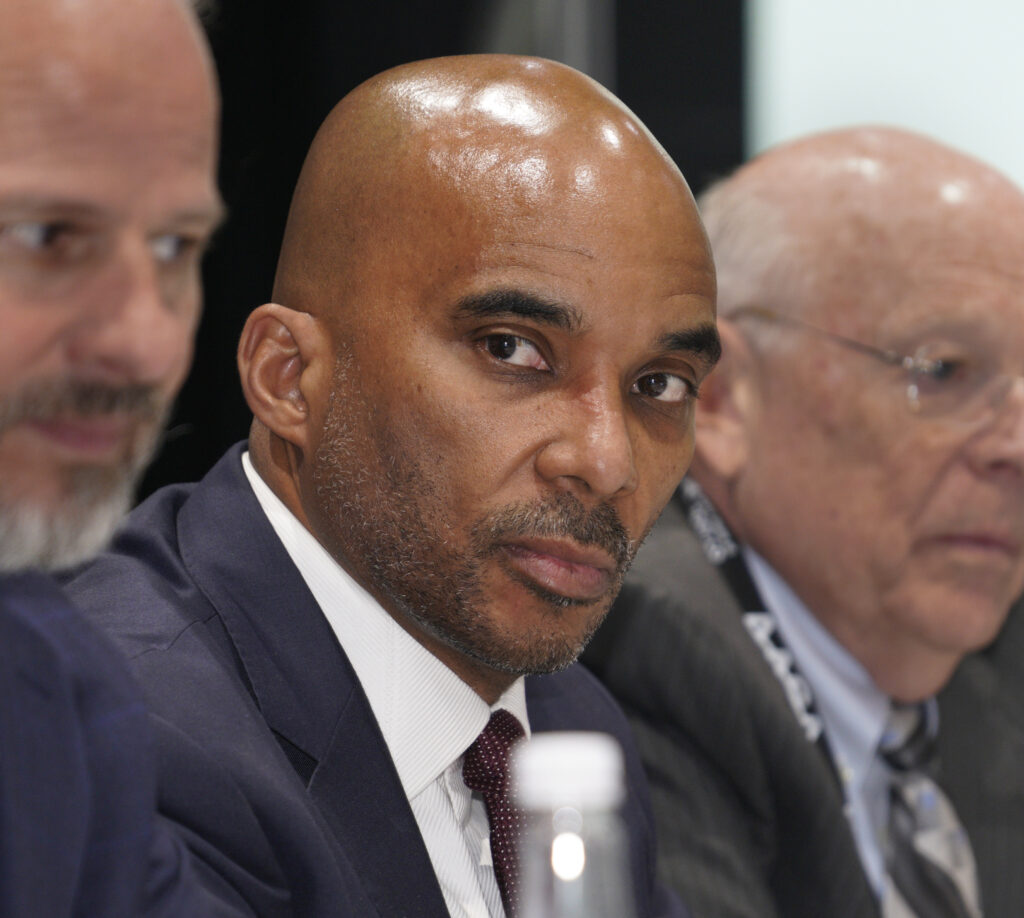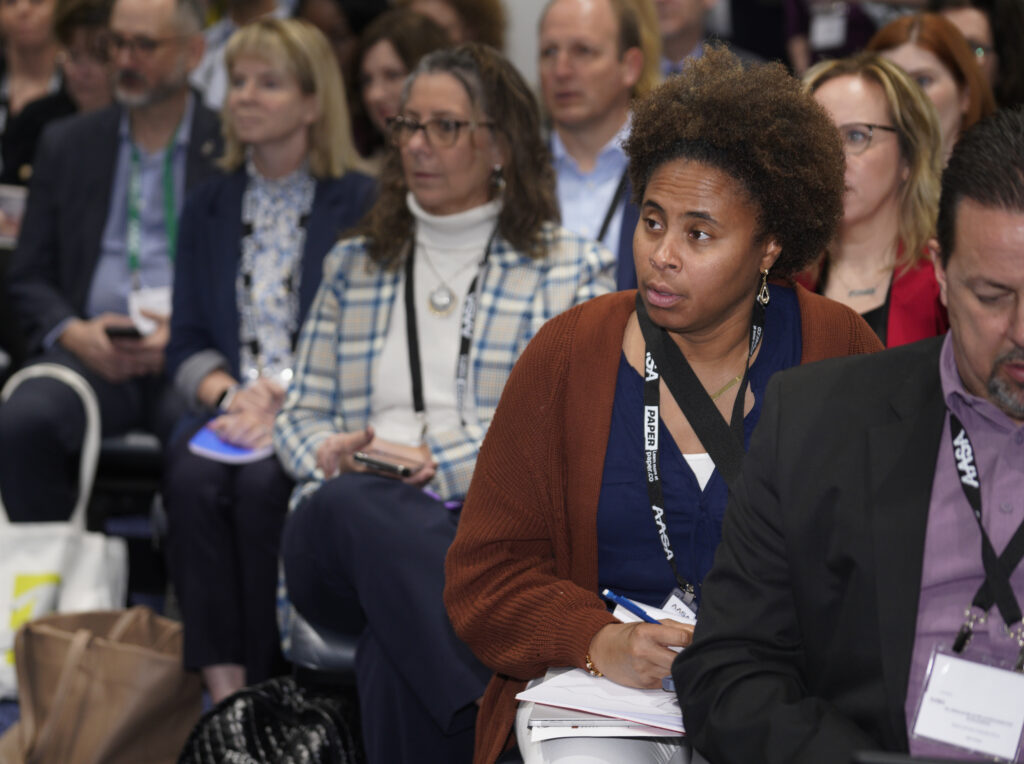First, the bad news.
A recent UCLA survey asked school principals across the country if school boards and the public had opposed the teaching of any subjects.
Race and racism? 50 percent said yes.
LGBTQ issues? 48 percent had seen that.
Social and emotional learning? 39 percent had seen that too.
And guess what? “This is an election year,” said Sheldon Berman, AASA lead superintendent for social and emotional learning. “We are likely to see this escalate.”
Now, the good news. For many parents, these “hot button” issues are comfortably warm. Fully 85 support the teaching of the history of racism, while two-thirds see the value in celebrating diversity.
Shifting the conversation from controversy to consensus, Berman argued, requires educators to “reclaim the good work we are doing for kids.”
A Thought Leader panel discussion at the AASA national conference Thursday on “Reclaiming the Narrative: Protecting Good Teaching, Important Content and Students’ Sense of Belonging” included dispatches from education’s front lines.
Leaders, said Scott Menzel, another panelist, have to “know what you are prepared to be fired for.”
For Menzel, superintendent of the Scottsdale Unified School District in Arizona, that meant giving an interview decrying systemic racism in education. After Fox News presented Menzel as a “radical left” official with “‘racist views’ against white people,” calls for his firing became a regular feature of Scottsdale school board meetings.
Menzel has survived, so far, by standing firm and explaining his views, even – perhaps especially – to the opponents.
“Don’t flee from the television camera,” he said. “Go to the television camera and tell your story.”
It’s also critical to realize that the vast majority of parents, regardless of ideology, want students foremost to learn and succeed.
“All of those people,” said Aaron Spence, superintendent of the Loudoun County Public Schools in Virginia, “who are either red or blue, who are coming together in the community, care deeply about their children.”
While Spence’s tenure has been marked by angry debates over curriculum and book banning, the superintendent’s three main goals have broad support:
- That all children feel cared for;
- That all students learn something every day; and
- That students are surrounded by adults who love them.
“I am superintendent for all children,” Spence said, “no matter what their parents’ politics are.”
“All children,” said Julie Vitale, superintendent of the Oceanside Unified School District in California, includes LGBTQ students. For her, this is personal mission. An openly gay educator, she has endured death threats as well as constant pressure for the school board to fire her.
“That’s at just about every board meeting,” she said, “including — what’s today, Thursday? — Tuesday.”
Despite this, she supports Gay-Straight Alliance groups at each of the district’s middle schools and high schools; and implicit bias training for teachers and staff.
Some remain uncomfortable with a school superintendent who happens to be a lesbian.
“But at the end of the day, what we agreed was that we are going to create safe and affirming schools,” Vitale said.
This process can be agonizingly slow. Luvelle Brown, superintendent of the Ithaca City School District in New York, recalled entering the University of Virginia’s school of education in 1992.

“I will change the world as a teacher,” he told himself at the time.
Yet the same issues bedeviling teachers in the 1990s – poor pay, lack of administrative support, low morale – remain top complaints in 2024.
Working to end “the predictability of who succeeds and who fails,” Brown has met fierce resistance. He’s had “14 death threats,” he said, “because I used the word ‘anti-racism’ instead of ‘strategic planning.’”
Brown and Berman expand on these lessons in The Call to Courage: Standing Up, Speaking Out Against the Assaults on Democracy, Education and Students in America’s Schools, a book to be published by Rowman and Littlefield this spring.
“We can’t just echo what is most popular,” Berman concluded. “We have to make popular what must be said. … But we also have to do that in a way that people will hear.”
(Peter Rowe is a freelance journalist and a reporter for Conference Daily Online.)


